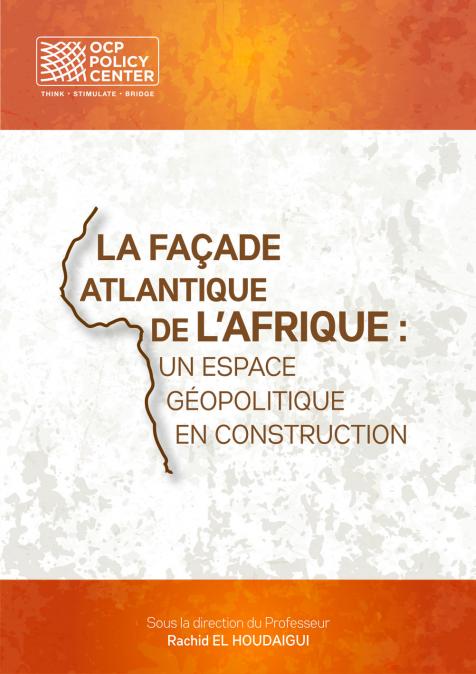Publications /
Annual Report
Book / Report
Les Dialogues Stratégiques, une collaboration entre HEC Center for Geopolitics et Policy Center for the New South, représentent une plateforme d'analyse et d'échange biannuelle réunissant des experts, des praticiens, des décideurs politiques, ainsi que le monde universitaire et les médias au service d'une réflexion critique et approfondie sur les tendances politiques mondiales et sur une problématique d'intérêt régional, d'importance commune à la fois pour l'Europe et l'Afrique.
Cette publication est issue de la 13ème édition des Dialogues Stratégiques, qui s'est tenue le 28 octobre 2022, et comprend quatorze Policy Papers qui furent présentés, discutés et enrichis à l'occasion de la rencontre autour de deux thématiques : « la fragmentation du monde » et « l'Afrique des Grands Lacs ».
Editions précédentes:
- Dialogues Stratégiques : Volume XII
- Dialogues Stratégiques : Volume XI
- Dialogues Stratégiques : Volume X
- Dialogues Stratégiques : Volume IX
- Dialogues Stratégiques : Volume VIII
- Dialogues Stratégiques : Volume VII
- Dialogues Stratégiques : Volume VI
- Dialogues Stratégiques : Volume V
- Dialogues Stratégiques : Volume IV
- Dialogues Stratégiques : Volume III
- Dialogues Stratégiques : Volume II
- Dialogues Stratégiques : Volume I








